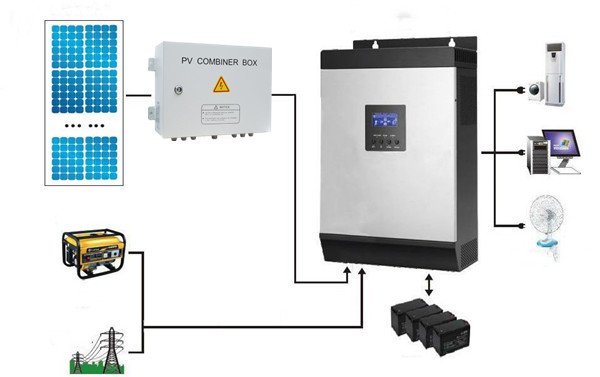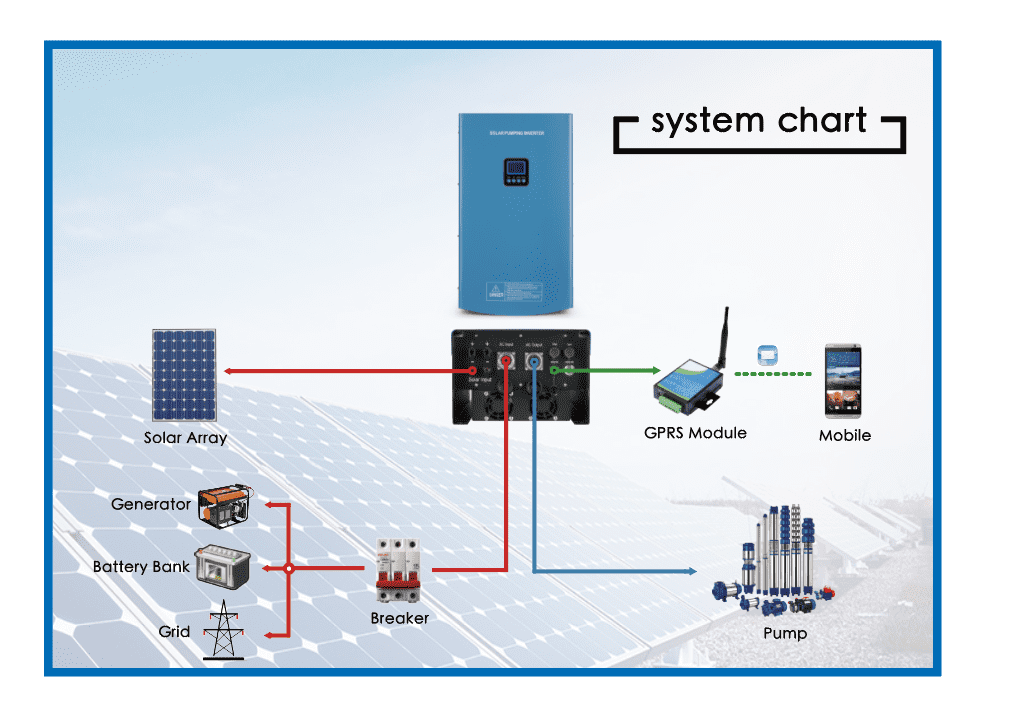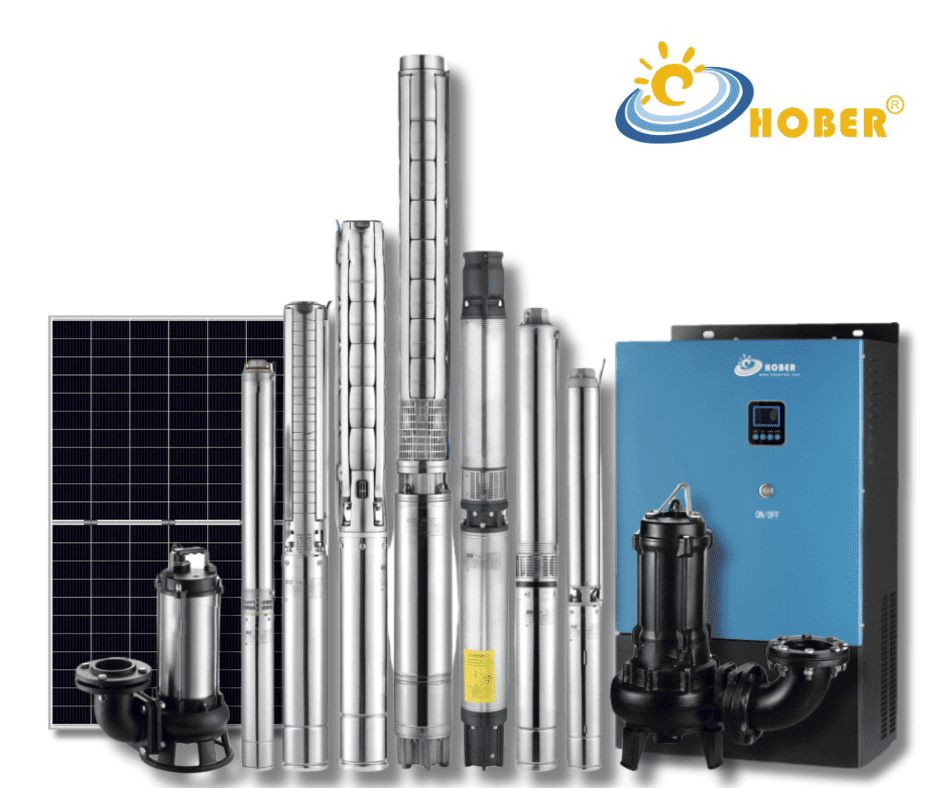In the evolving world of solar technology, choosing the right inverter is crucial for optimizing energy efficiency and functionality in various applications. Two specialized types of inverters, hybrid solar off-grid inverters and solar pumping inverters, serve distinct purposes in the realm of renewable energy solutions. This article explores the differences between these inverters, guiding homeowners, farmers, and solar energy enthusiasts in making informed decisions.
What is a Hybrid Solar Off-Grid Inverter?

A hybrid solar off-grid inverter functions as the heart of an off-grid solar system. It converts direct current (DC) from solar panels into alternating current (AC) to power household appliances and store excess energy in batteries for later use. These inverters are designed for areas without reliable access to the electrical grid, providing a continuous power supply by seamlessly switching between solar, battery, and auxiliary power sources.
Key Features:
- Energy Storage: Integrates with batteries to store surplus solar energy.
- Multi-Source Management: Manages energy from solar panels, batteries, and auxiliary sources like diesel generators.
- Load Prioritization: Allocates power to essential loads during shortages, ensuring critical appliances remain operational.
What is a Solar Pumping Inverter?

Tailored for agricultural and remote water supply needs, a solar pumping inverter optimizes the operation of water pumps using solar power. These inverters adjust the pump’s speed based on solar panel output, ensuring efficient water delivery without relying on the grid or generators. Solar pumping inverters are a boon for irrigation, livestock watering, and providing potable water in off-grid locations.
Key Features:
- Direct Solar Operation: Powers water pumps directly from solar panels, maximizing energy use.
- Pump Protection: Includes features like soft start and dry run protection to extend the pump’s lifespan.
- Efficiency Optimization: Automatically adjusts pump speed according to solar intensity, ensuring optimal water flow.
Comparing Hybrid Solar Off-Grid and Solar Pumping Inverters
While both inverters play pivotal roles in utilizing solar energy, their applications, functionalities, and integration with solar systems differ significantly.
Application Focus
- Hybrid Solar Off-Grid Inverters: Aimed at providing a comprehensive power solution for homes and businesses in areas without grid access.
- Solar Pumping Inverters: Specifically designed for enhancing the efficiency and reliability of water pumping systems using solar energy.
Energy Management
- Hybrid Inverters: Capable of storing energy, managing multiple energy sources, and ensuring power availability 24/7.
- Solar Pumping Inverters: Focus on real-time solar energy use, prioritizing efficient water pumping over storage.
Technical Complexity
- Hybrid Inverters: Feature complex systems for energy storage, conversion, and management, requiring sophisticated control mechanisms.
- Solar Pumping Inverters: While technically advanced, these inverters have a narrower scope, concentrating on pump efficiency and protection.
Conclusion
Choosing between a hybrid solar off-grid inverter and a solar pumping inverter depends on your specific needs—whether you’re looking to power a remote home comprehensively or optimize a water pumping system with solar energy. Each inverter type brings unique benefits to the table, underlining the importance of aligning your solar energy solutions with your operational requirements.
As the solar industry continues to advance, understanding the nuances of these inverters can empower you to make choices that enhance sustainability, efficiency, and self-reliance. Embracing the right solar technologies paves the way for a greener, more sustainable future, harnessing the sun’s power to meet our energy needs.

